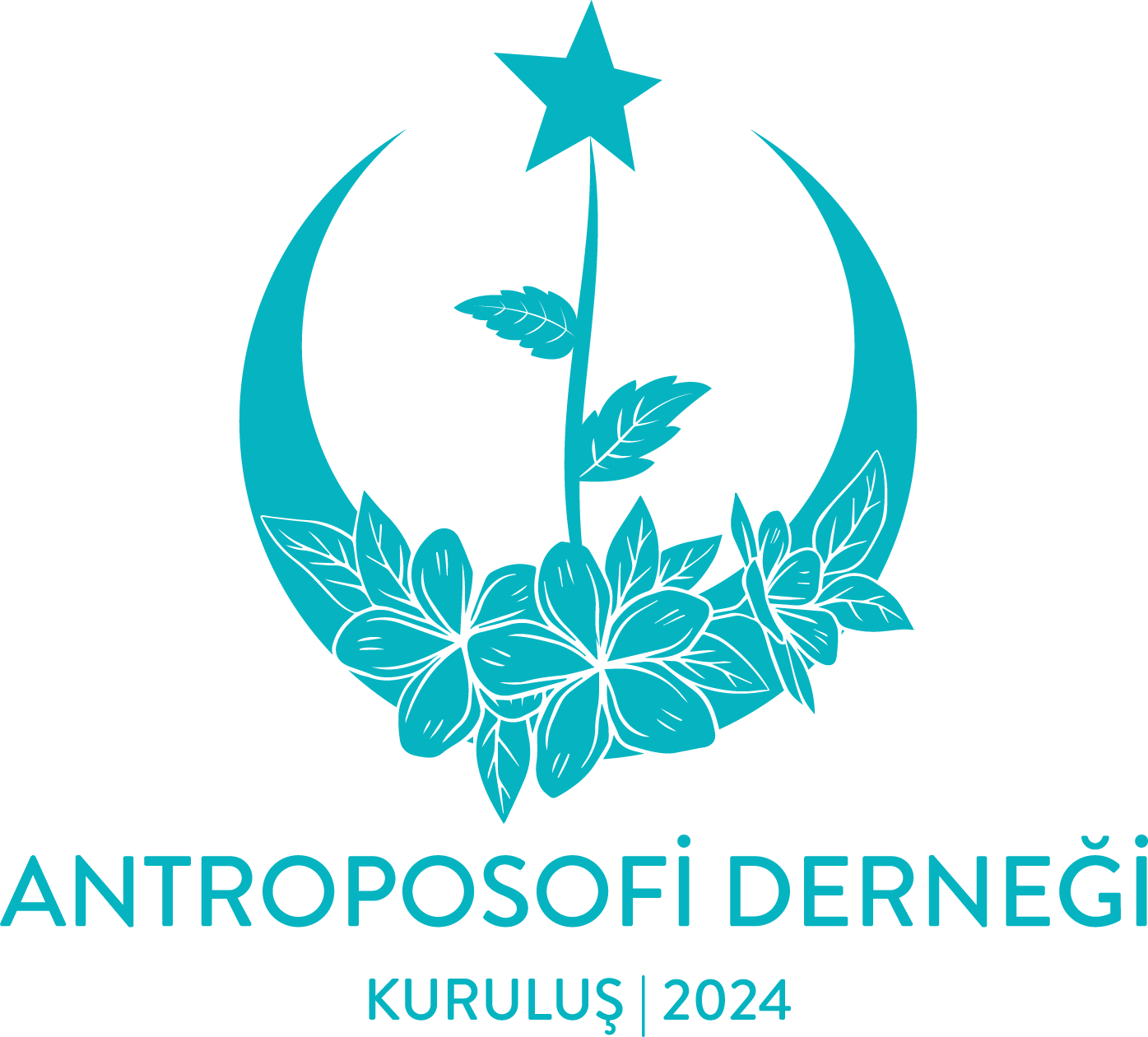Biodynamic agriculture creates a healthy agricultural and social environment.
In 1924 Rudolf Steiner was asked by farmers to contribute to the improvement of agriculture. This was the birth of biodynamic agriculture, the oldest organic agriculture, now trademarked Demeter. Today, 230,000 hectares of farmland in 64 countries are cultivated according to Demeter standards.
Trials have shown that biodynamic agriculture increases the resilience of agroecosystems. For example, the continuous creation of healthy and fertile soils increases land diversity and makes crops more resistant to pathogens.
Scientific experiments, such as those conducted by the Swiss Institute of Organic Agriculture, prove that biodynamic agriculture reduces greenhouse gas emissions and helps mitigate climate change through carbon sequestration (DOK experiments). Small farmers in Egypt have used this fact to sell carbon credit certificates and earn extra income (Economy of Love certificate).
The compost project in Vinita Shah, India, is creating new prospects for around 50,000 smallholder farmers after 2020. Biodynamic urban gardens in Rosario, Argentina, and biodynamic school gardens, such as the one in Mbagati, Kenya, are also providing impoverished people with independent access to healthy food. In the Philippines, the Cobarvitz 1924 project is building a foundation for self-sufficiency.
In 2024, the centenary year, biodynamic agriculture will assess its future potential and the Agriculture Section will hold its annual conference in Dornach, Switzerland, from February 7 to 10.
